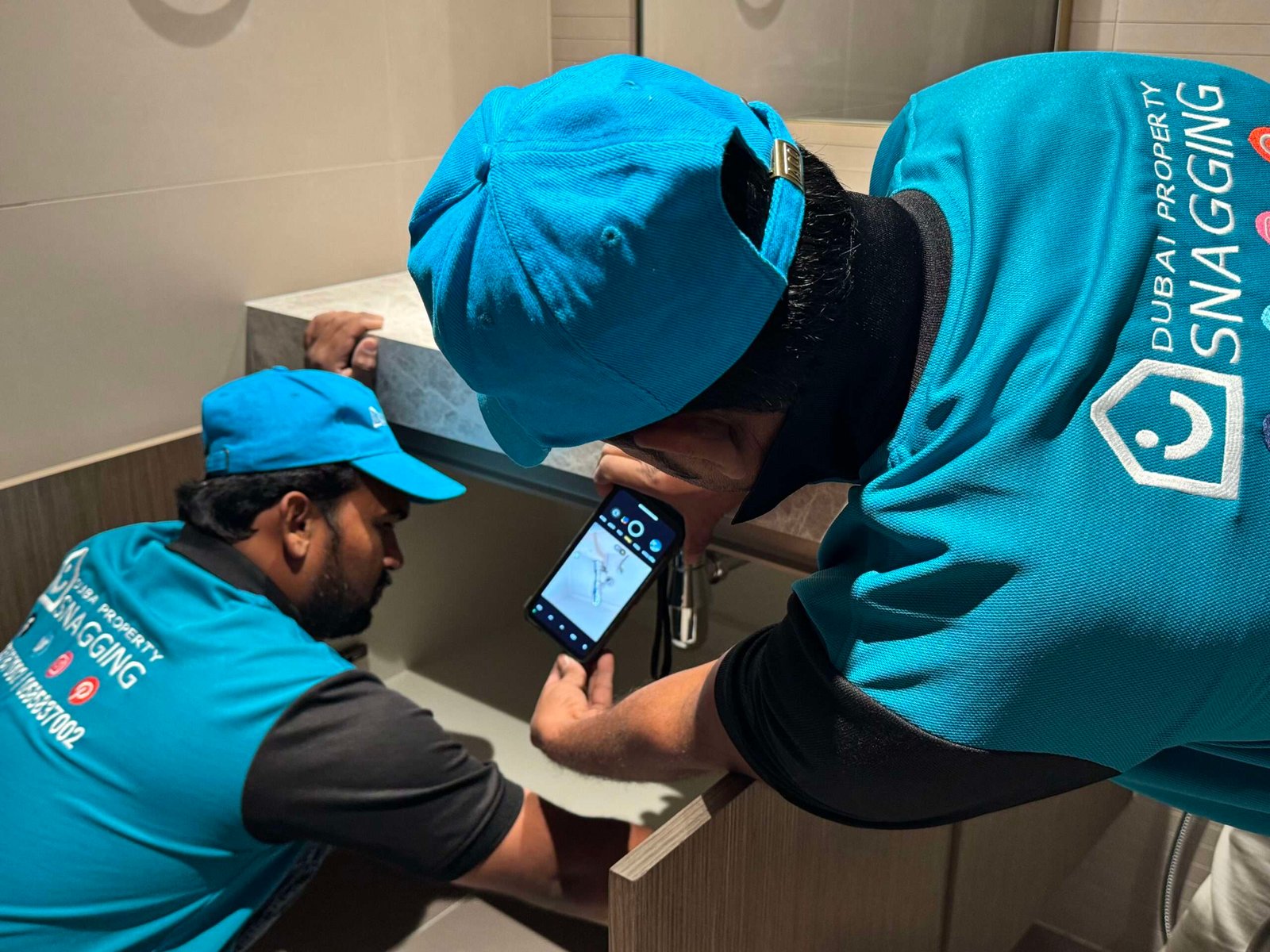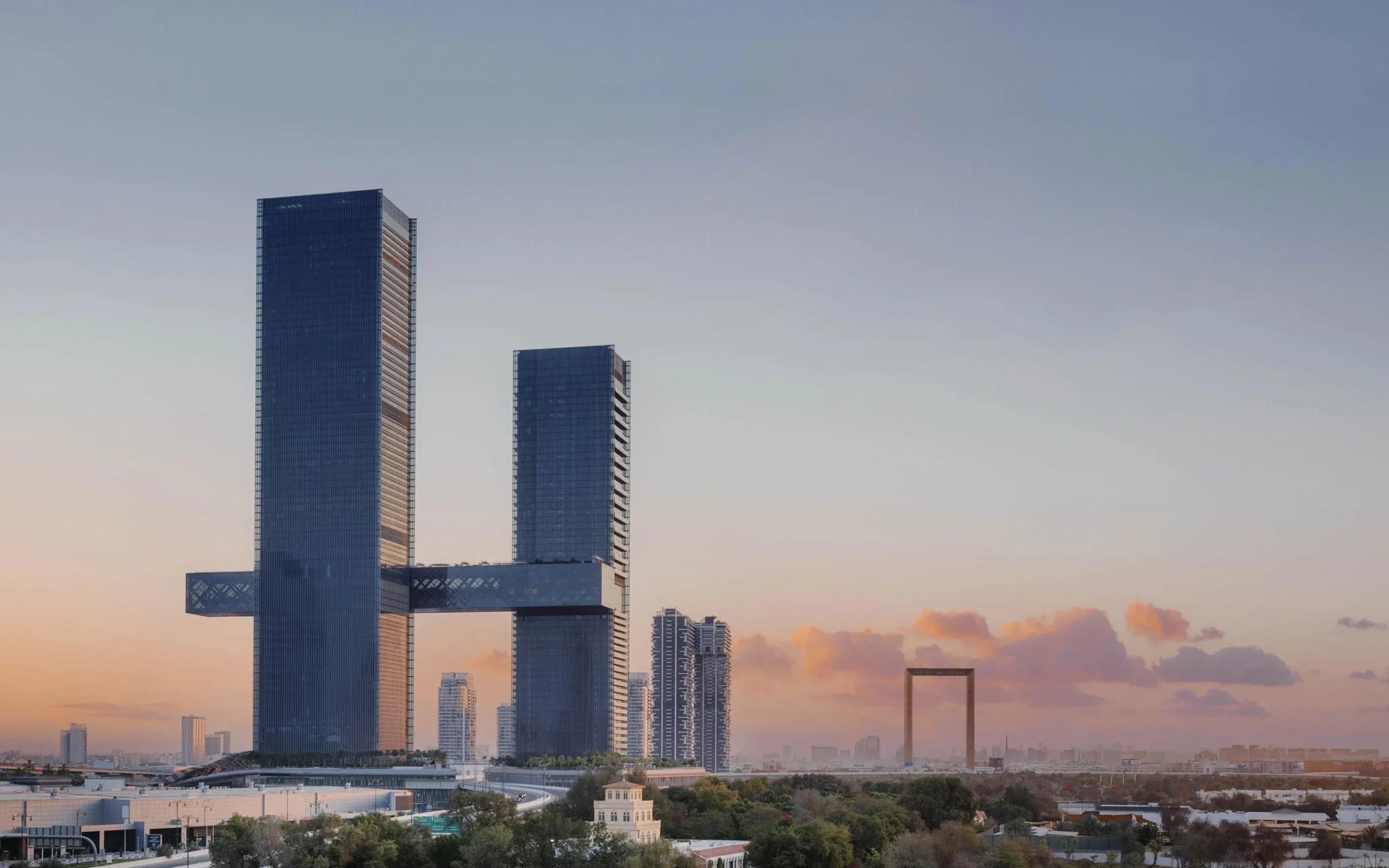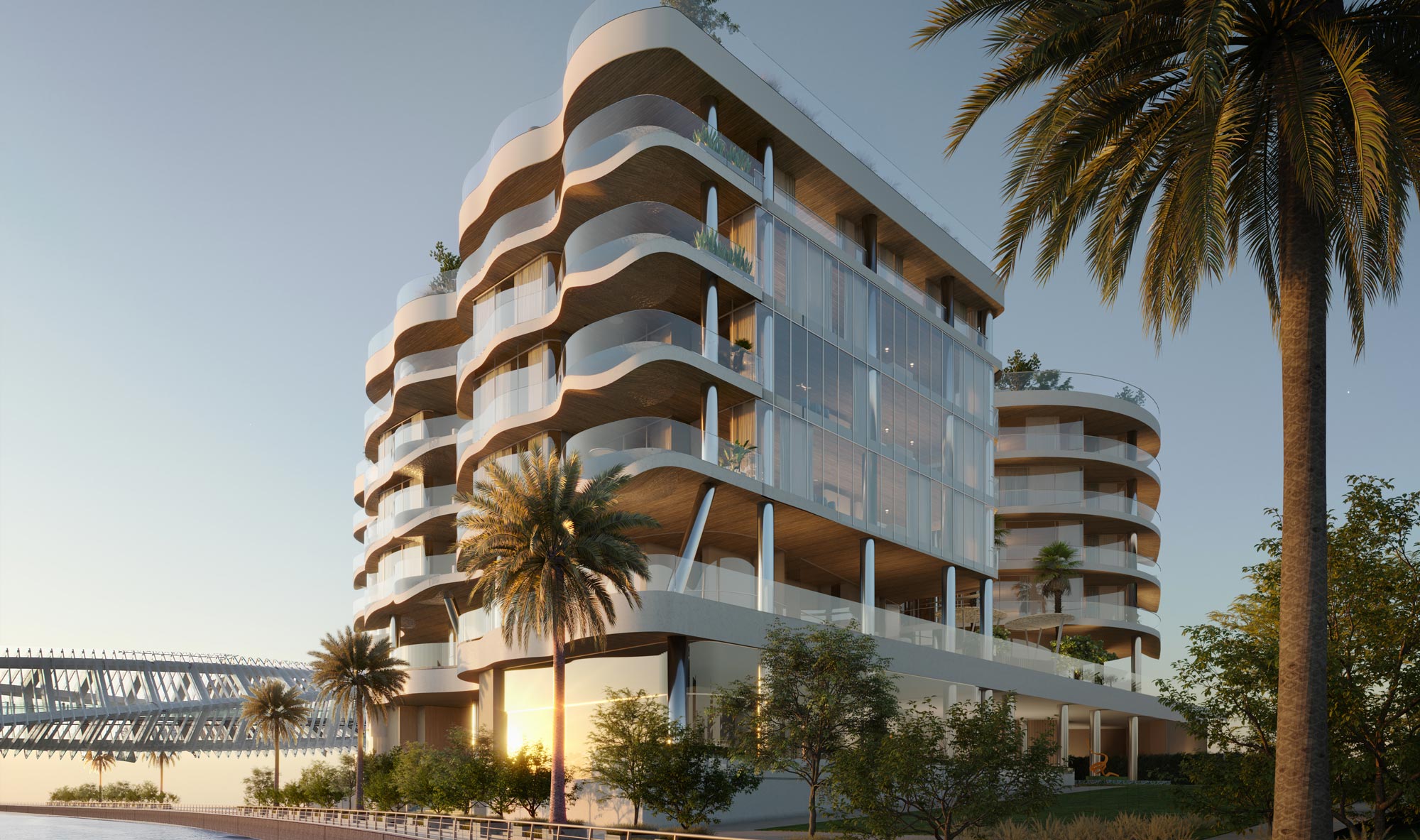Property Inspection UAE: What’s Included?
When purchasing property in the UAE, whether for personal use, as an investment, or as part of your portfolio, one of the most crucial steps in the process is a property inspection. A thorough inspection ensures that the property is in good condition and free from hidden defects, saving you from unexpected expenses and headaches in the future. But what exactly does a property inspection in the UAE include? Let’s explore the key elements of a comprehensive property inspection in this blog.
What is a Property Inspection?
A property inspection is an independent evaluation of a property’s condition, often conducted by a professional inspector. In the UAE, it typically takes place before the property is handed over to the buyer, and it aims to identify defects, safety concerns, and any maintenance issues that could affect the property’s functionality or value.
While a property inspection in the UAE is not legally required, it’s highly recommended for anyone purchasing a new or resale property to avoid potential issues down the line. It offers a peace of mind that your investment is sound and that there are no underlying issues that could require expensive repairs.
Key Components of a Property Inspection in the UAE
A thorough property inspection will typically include the following key components:
1. Structural Integrity
The foundation and structure of a property are crucial for its safety and longevity. An inspection will focus on:
- Foundation Assessment: Ensuring that the foundation is stable and free from cracks or shifts that could signal major structural problems.
- Walls, Ceilings, and Floors: Inspectors will check for any signs of cracks, water damage, or shifting in the walls, ceilings, and floors. Uneven floors or cracks in walls could indicate problems with the foundation or structural integrity.
- Roof and External Walls: The inspector will assess the roof for any leaks, cracks, or damage that could affect the property. They’ll also check the external walls for signs of damage or deterioration, such as peeling paint or moisture infiltration.
2. Plumbing System
A fully functional plumbing system is crucial for the comfort and habitability of a property. Inspections in the UAE typically cover:
- Pipes and Fixtures: All pipes, taps, and faucets are checked for leaks, corrosion, or low water pressure. Leaking pipes or faucets can cause long-term water damage and increased utility bills.
- Water Heating System: The hot water system will be inspected for functionality. Problems with water heaters or inconsistent hot water can lead to inconvenience and higher repair costs.
- Drains and Sewage: The drains are tested to ensure proper water flow and drainage. Blocked or slow drains can cause significant problems, including water damage or mold growth.
3. Electrical System
An inspection of the electrical system is crucial for both safety and convenience. It covers:
- Wiring and Circuits: The electrical wiring should be inspected for safety, ensuring it meets UAE standards. Faulty wiring or poorly connected circuits can lead to safety hazards, such as electrical fires or power outages.
- Outlets and Switches: Inspectors will check all electrical outlets and switches to ensure they are functioning properly. Any non-working outlets need to be repaired before moving in.
- Light Fixtures and HVAC: The inspector will test all light fixtures, ensuring that they work correctly and that there are no issues with electrical connections. The heating, ventilation, and air conditioning (HVAC) system will also be assessed for performance.
4. Doors, Windows, and Locks
Functional doors, windows, and locks are vital for security and energy efficiency. Inspectors will:
- Check Doors and Windows: Ensure that all doors and windows open and close smoothly, with no issues like sticking or misalignment. Broken seals or gaps could cause energy inefficiencies, affecting your cooling bills.
- Locks and Security Features: Inspectors will check the functionality of door locks, window latches, and security systems to ensure the property is secure and safe.
5. HVAC (Heating, Ventilation, and Air Conditioning)
Given the hot climate of the UAE, having a fully functional HVAC system is critical for your comfort. The inspector will:
- Assess Cooling and Heating Units: Inspect the air conditioning units, ensuring they’re working efficiently and that there are no leaks or issues with airflow.
- Inspect Ventilation Systems: Ensure that the ventilation system works effectively and that there is no mold or moisture buildup, which could lead to health problems.
6. Interior and Exterior Finishes
Cosmetic issues can also affect the overall value and appeal of the property. An inspector will check:
- Interior Paint and Flooring: Inspect the paint for cracks, peeling, or fading. The flooring will also be checked for scratches, damage, or improper installation.
- Exterior Paint and Landscaping: Any damage to the exterior paint or landscaping (such as neglected garden areas or exterior cladding) will be noted during the inspection.
7. Safety Features
Safety is paramount, especially when living in a multi-story building or villa. Inspectors will check:
- Smoke Detectors: Ensure that all smoke detectors are installed and functioning correctly.
- Fire Extinguishers: Check if fire extinguishers are available and easily accessible.
- Emergency Exits: In case of emergency, inspectors will make sure that emergency exits are clear, properly marked, and functioning.
8. Pest Control
Given the desert climate of the UAE, pest control is an important part of any property inspection. The inspector will:
- Check for Signs of Pests: Inspect for any signs of pests, such as rodents, termites, or other insects, that could cause damage to the property or be a health concern.
- Inspect for Infestation: If necessary, pest control measures will be suggested, and any existing infestation will be addressed.
Why Should You Get a Property Inspection in the UAE?
While many properties in the UAE are built to high standards, it’s important to remember that defects and issues can still occur, whether due to construction errors or general wear and tear. Here are some reasons why getting a property inspection is important:
- Identify Hidden Issues: A property inspection can uncover hidden defects that you may not notice during a standard walkthrough.
- Ensure Safety: An inspection ensures that the property is safe and compliant with local regulations, preventing issues like faulty wiring or plumbing that could lead to accidents.
- Negotiation Leverage: If defects are found, you can use the inspection report to negotiate repairs or a price reduction with the seller or developer.
- Peace of Mind: A thorough property inspection provides peace of mind, knowing that you’re making a sound investment without unexpected issues cropping up.
Conclusion
A property inspection in the UAE is a vital step in the property buying process. Whether you’re purchasing a new home, an off-plan property, or a resale unit, a comprehensive inspection will help ensure that you’re not faced with hidden defects or costly repairs down the line.
From structural integrity and plumbing systems to HVAC and safety features, a property inspection covers all aspects of the property’s condition. By hiring a qualified and experienced inspector, you can ensure your new home is safe, functional, and ready for you to move in without surprises.
Make sure to schedule a property inspection before completing your property purchase to safeguard your investment and enjoy peace of mind in your new home.



